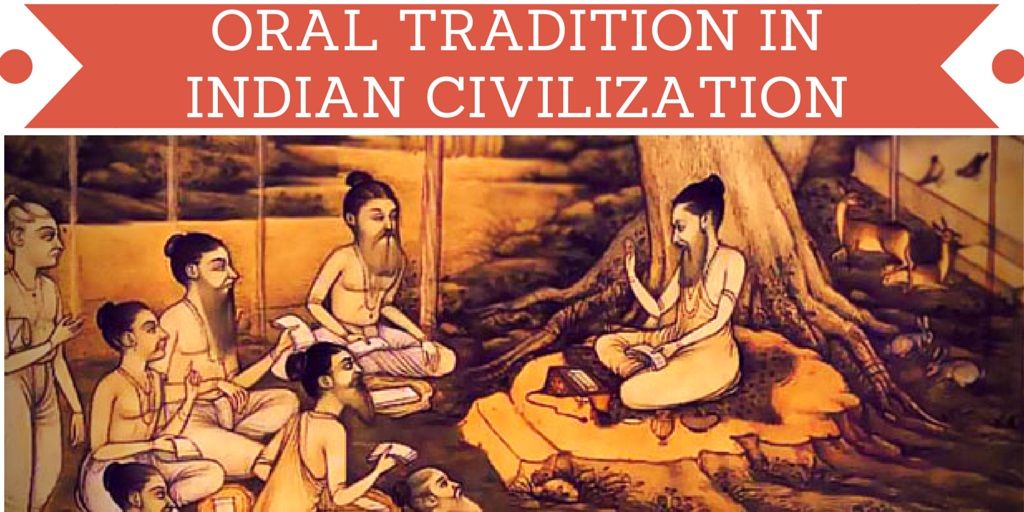Oral History Unit . Our mandate: Preserve heritage and memory; Record untold histories / stories of our past; Fill the missing gaps in current Archives

“Oral History” is a maddeningly imprecise term: it is used to refer to formal, rehearsed accounts of the past presented by culturally sanctioned tradition-bearers; to informal conversations about “the old days” among family members, neighbors, or coworkers; to printed compilations of stories told about past times and present experiences; and to
An oral law is a code of conduct in use in a given culture, religion or community application, by which a body of rules of human behaviour is transmitted by oral tradition and effectively respected, or the single rule that is orally transmitted.

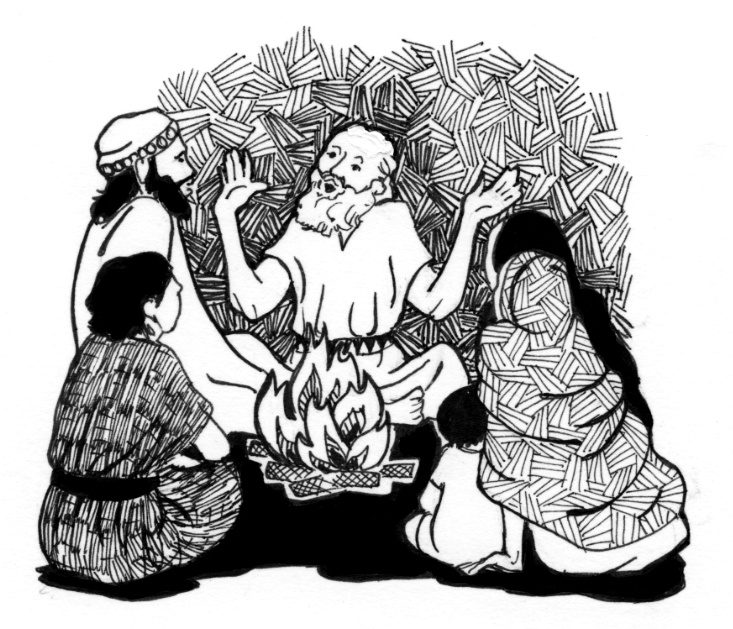
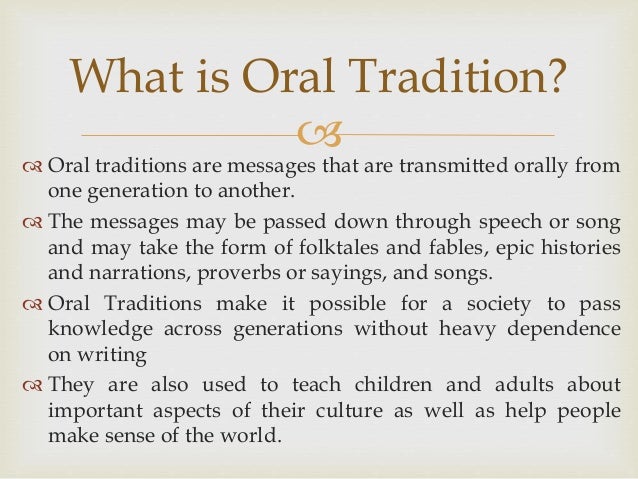
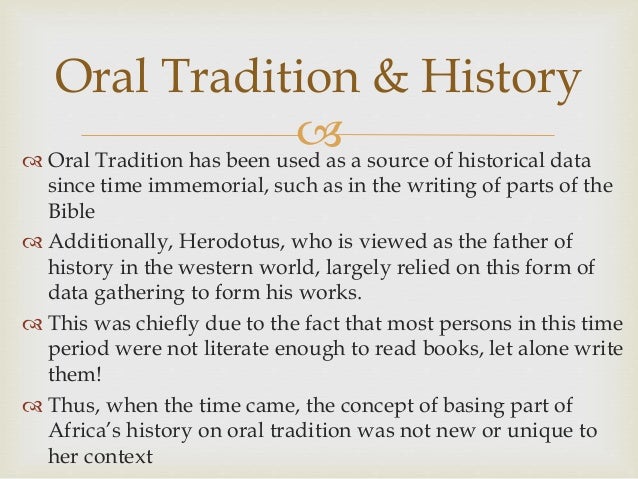

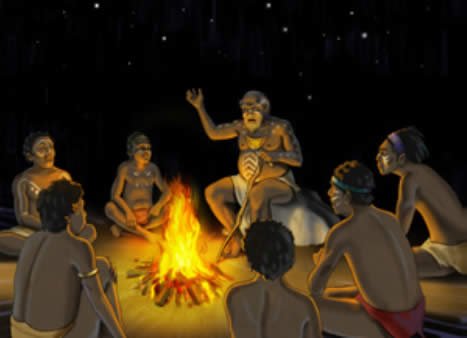
top of page : I. Introduction. Just Do It; What is Oral History? Sequence For Oral History Research; Just Do It We all have stories to tell, stories we have lived from the inside out.
Oral literature or folk literature corresponds in the sphere of the spoken (oral) word to literature as literature operates in the domain of the written word.

The big question was: How authoritative is the oral law? The Pharisees accepted the oral law along with the Torah, and it was believed to be equally inspired and authoritative, and all of the explanatory and supplementary material produced by, and contained within were the oral tradition. This
Written documents are very important sources of history. Letters, diaries, and even old shopping lists can tell us a lot about how people lived, what they thought and how they felt about what happened around them.
2. Transitional Phases in the Form and Function of the Book before Gutenberg. 2.B. The Transition from Oral to Written Culture “Some might argue that, without writing, the same beliefs could not have prevailed over such a long period of time, but in reality, oral traditions are far more faithfully passed on than the written word.
The primacy of oral tradition. For millennia prior to the invention of writing, which is a very recent phenomenon in the history of humankind, oral tradition served as the sole means of communication available for forming and …
However, there are many ways of doing oral history even within single national contexts. In Britain the Oral History Society has played a key role in facilitating and developing the use of oral history.
